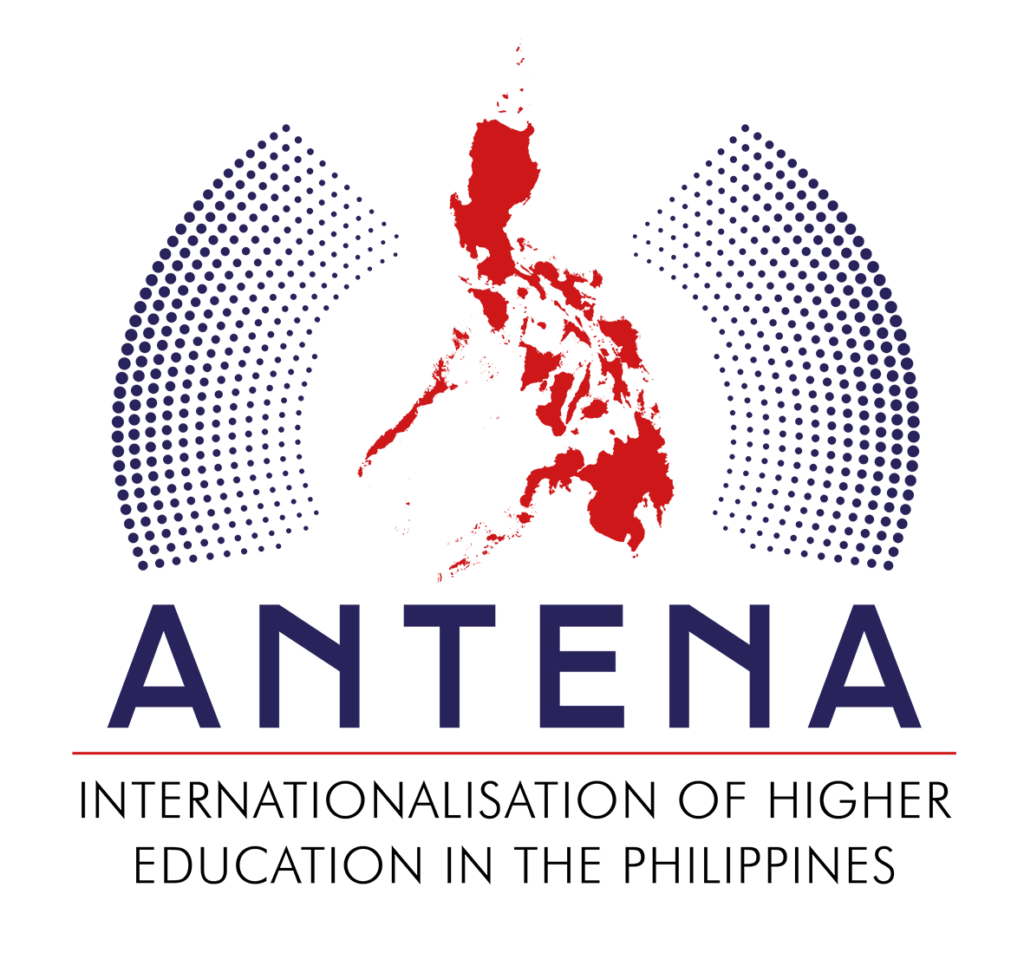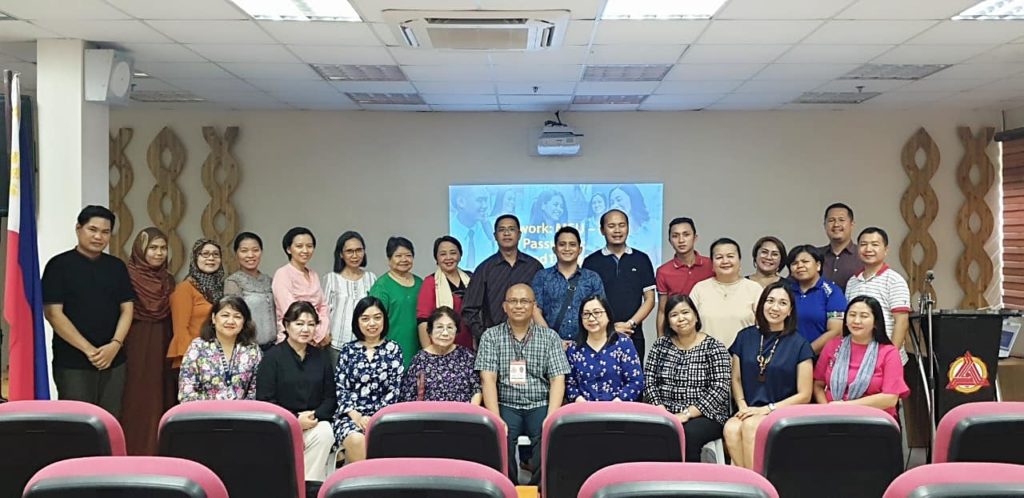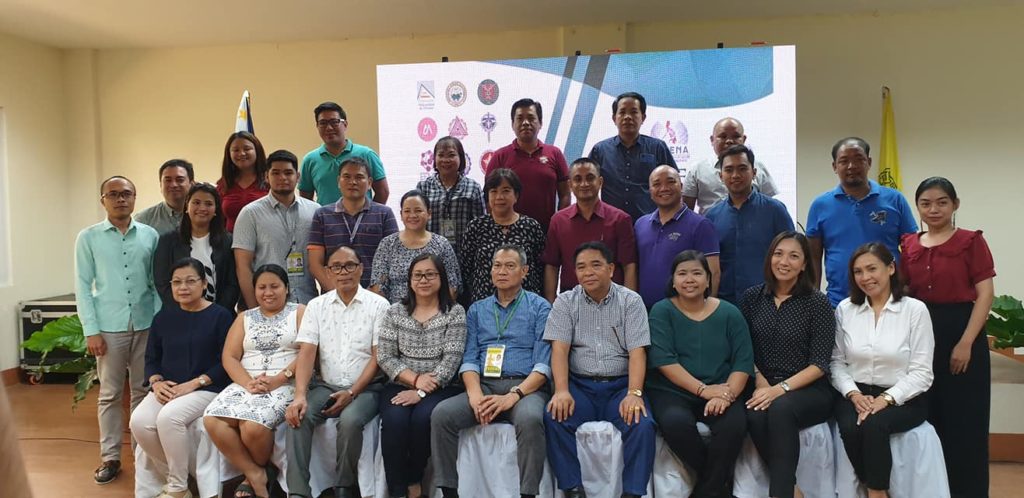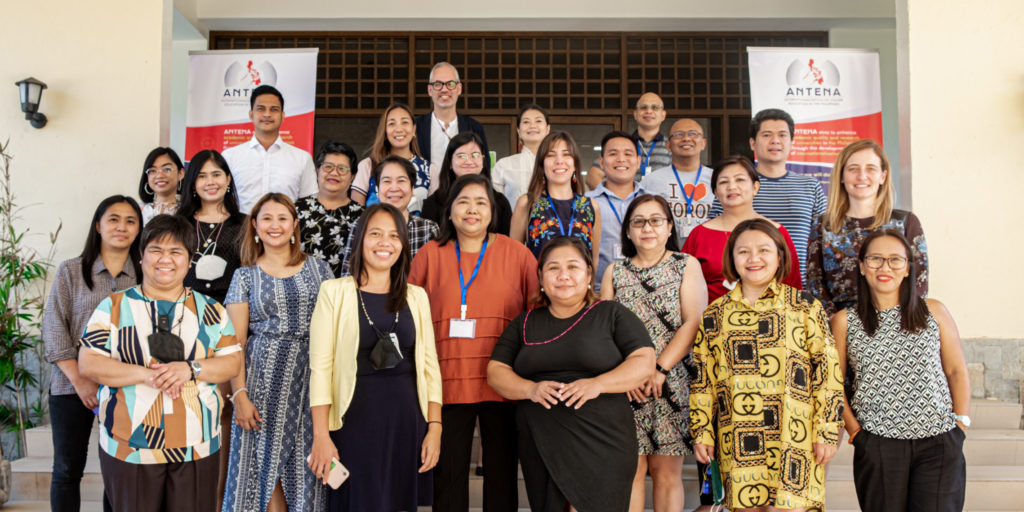ANTENA Project

The Internationalization of Higher Education in the Philippines Network (“ANTENA”) Project is an endeavor led by the University of Alicante in Spain with the support of the University of Montpelier in France and the European Foundation for Management Development in Belgium.
The project envisions to help improve the Philippines’ credit recognition and mobility system and international research activities, and develop specialized staff in international relations. It primarily aims to consolidate the country’s internationalization structure and help build the human resource capacities of Philippine higher education institutions (HEIs) through targeted training programs in 10 select institutions. On top of this, it also seeks to complement governance reforms of the Commission on Higher Education and enhance international networking through strategic actions in key areas of the Philippine higher education system.
Below is a summary of this endeavor’s expected impacts:
The Project is funded by the European Union (EU) through the Erasmus Plus Higher Education Capacity Building program (Erasmus+ CBHE). Implementation is carried out by UA and supported by UM and EFMD.



Upon official approval of its participation through CEB Resolution No. 678-2018, the Commission joined the Consortium.
CHED Approval of the ANTENA Project and Establishment of a Working Group
Upon official approval of its participation through CEB Resolution No. 678-2018, the Commission joined the following Philippine HEIs in the Consortium:
1. Ateneo de Manila University
2. Benguet State University
3. Central Luzon State University
4. De La Salle University
5. Mindanao State University – Iligan Institute of Technology
6. Polytechnic University of the Philippines
7. St. Louis University
8. University of the Philippines
9. University of San Carlos
10. Xavier University
ANTENA is a capacity building cooperation project co-funded by the Erasmus+ program of the European Commission. To know more about the project, please visit their website.